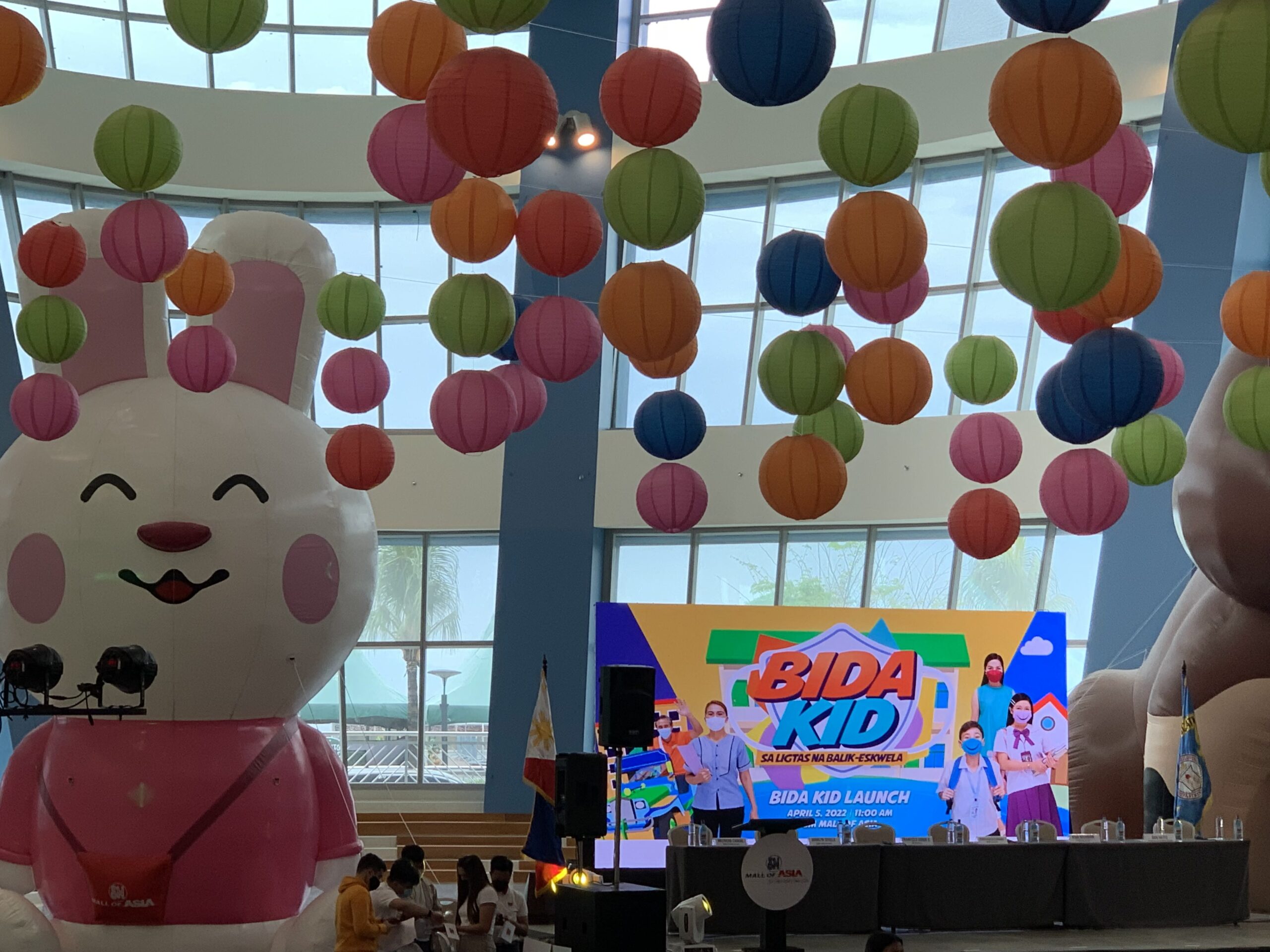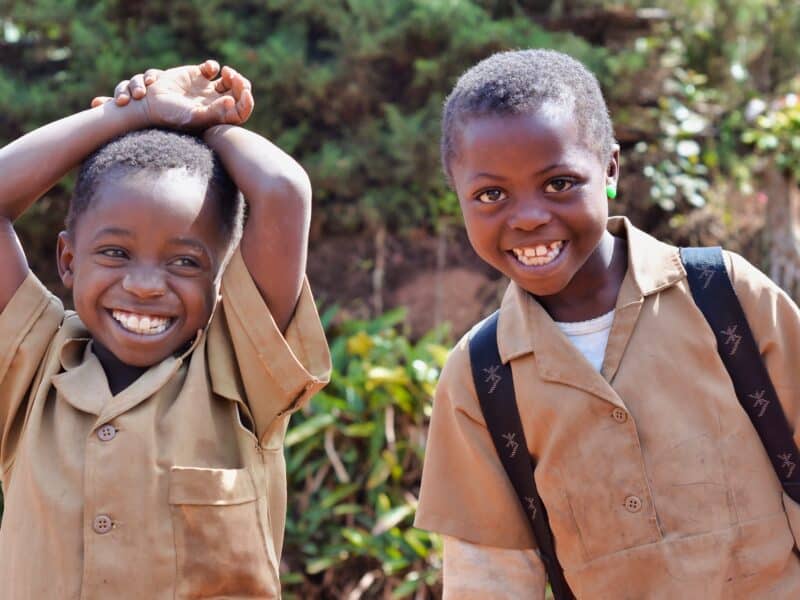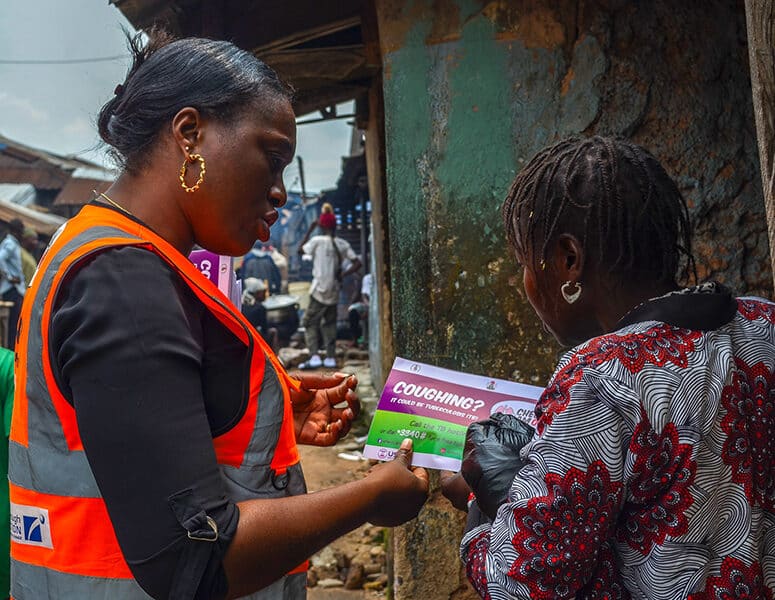With most schools in the Philippines closed since the start of the COVID-19 pandemic in March 2020 and distance learning challenged by a number of factors, the Johns Hopkins Center for Communication Programs-led Breakthrough ACTION project is working with the government to get children ready to resume face-to-face classes.
There are 27 million students in primary and secondary schools and just six million have returned to the classroom. Online education is limited because many people in the Philippines can’t afford computers or internet connections that are vital to remote learning.
To prepare for a nationwide reopening of schools – which is now slated for August or September 2022 – CCP has partnered with the Philippines departments of health and education to create a “prevention mindset” among teachers, parents and their children to be ready to safely return.
The campaign is a refresh of the BIDA Solusyon campaign launched by Breakthrough ACTION in July 2020. Bida, which means “hero,” provided information online, through television and radio spots, and through signage in high-traffic areas on how people could protect themselves from COVID-19. The updated campaign, which began this month, is geared specifically to kids and schools.
“With our updated campaign, we hope to create an environment where kids and the community are working together to stay safe from COVID, especially when face-to-face learning resumes,” says Cathy Church-Balin, CCP’s country representative in the Philippines. “The learning losses have been tremendous, and these children have missed out on so much.”
Said Ryan Washburn, mission director in the Philippines for USAID, which funds Breakthrough ACTION: “Face-to-face classes give students better motivation to study, having the opportunity to interact directly with their teachers and classmates. It fosters a learning environment where students can grow more within a group.”
The loss of learning hasn’t been fully quantified, but in a joint report published in March with the UN Educational, Scientific and Cultural Organization and the World Bank, UNICEF said schools in the Philippines had the longest closure – more than 70 weeks – among the 122 countries covered by the report. The global average was a closure of 20 to 21 weeks. The report also found that fewer than 15 percent of 10-year-olds in the Philippines could read a simple text.
The new campaign highlights the 3 Bs: Bakuna (Vaccination), Bayanihan (Solidarity) and BIDA behaviors, which include the message that “a mask is our best friend” while also encouraging the use of hand washing, social distancing and opening windows to promote airflow to avoid getting sick. A catchy animated video and jingle accompany the campaign, which will be played in school and adapted into print materials that will be distributed through school kits to help remind students and school staff of the preventive behaviors.
As of last month, more than 13,690 public and private schools are conducting in-person classes, according to the latest Department of Education field report. About 10 million children have been vaccinated against COVID-19, and the Department of Health continues to secure additional vaccine doses for them. Schools are being opened one at a time after meeting a series of requirements set out by the government.
At a launch event in early April, Annalyn Sevilla, an undersecretary at the Department of Education, told the crowd: “The BIDA kids campaign aims to guide our schools and our communities about the appropriate safety protections in the ongoing expansion of our in-person classes.”
Said Francisco T. Duque III, the secretary of the Department of Health in the Philippines: “After over two years of school building closures and online classes, we are sparing no efforts to ensure that students are able to safely return to schools and that schools are ready and fully equipped to welcome them and serve indeed as safe havens. We can usher in a better normal for our children.”





